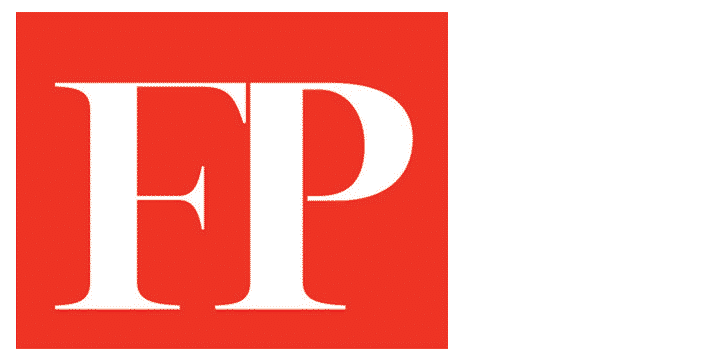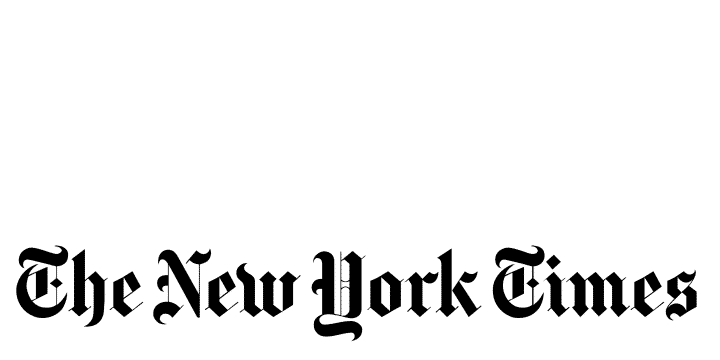After years of consensus, a new era of division is set to roil German politics at home and abroad.
In what may prove to be her last speech to the Bundestag, last week, German Chancellor Angela Merkel appealed to voters to give their vote to Armin Laschet to be her successor as leader of the Christian Democratic Union (CDU) party. For Merkel as chancellor to speak in such a partisan manner from the rostrum of the parliament was unusual. It is indicative of her party’s desperation, which has slumped to historic lows in opinion polls. In some ways, even more revealing than her belated support for Laschet was the dark fear Merkel conjured up. German voters should back Laschet, she urged, because the alternative would be a government of the left uniting the Social Democratic Party (SPD), the Greens, and Die Linke.
Laschet himself and Bavaria’s Markus Söder, his rival for national CDU leadership, have since doubled down, warning not just of Die Linke, a party formed out of remnants of Germany’s Socialist Unity Party and the West German left. They also have also called into question the SPD’s own post-war history, reminding voters of the SPD’s opposition back in the 1950s, its alliance with France that formed the European Union, West Germany’s original membership in NATO, and the SPD leadership’s hesitancy in 1989 when it came to German reunification.
What this reminds us of is once upon a time, Germany knew a left-right divide. Socialists squared off with hawkish Christian Democratic cold warriors. Accusations of complicity with communism or Nazism flew thick and fast. The condition of Merkel’s long rein was the repression of that basic divide. In 2013, on the 150th anniversary of the SPD’s founding, she recognized her counterparts as the bastions of German democracy. Not for nothing, three of the four national governments she led were partnerships with the Social Democrats, what used to be called the “grand coalition.” In 1966, when that option was adopted as a last resort in West Germany, it was generally taken to be a sign of democratic crisis. With a 90 percent majority in the Bundestag, there was, effectively, no opposition.
Read the full article at Foreign Policy.


